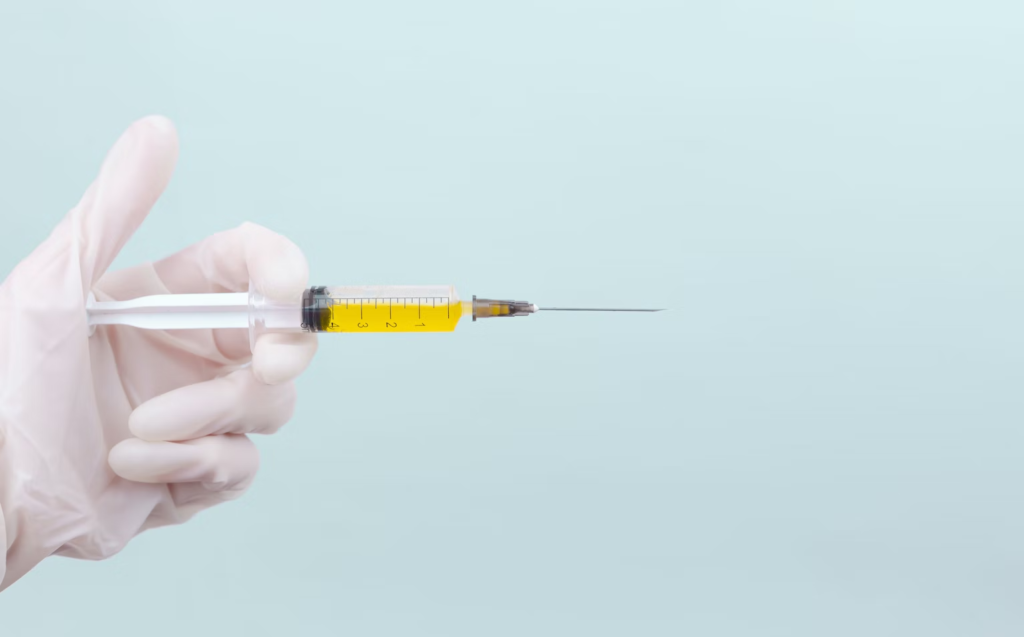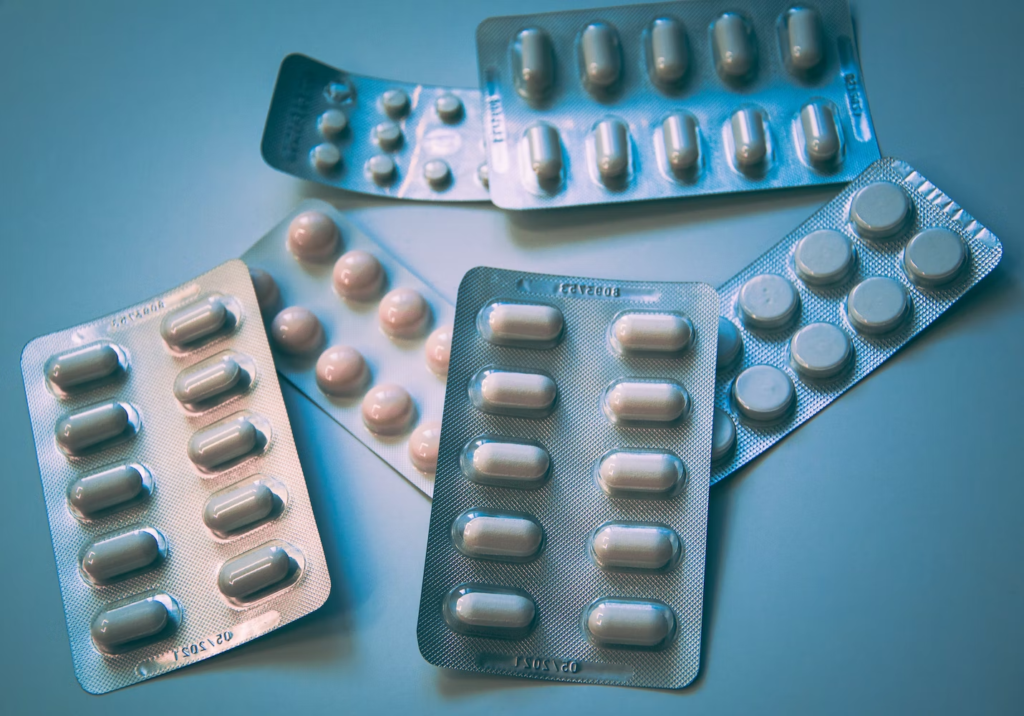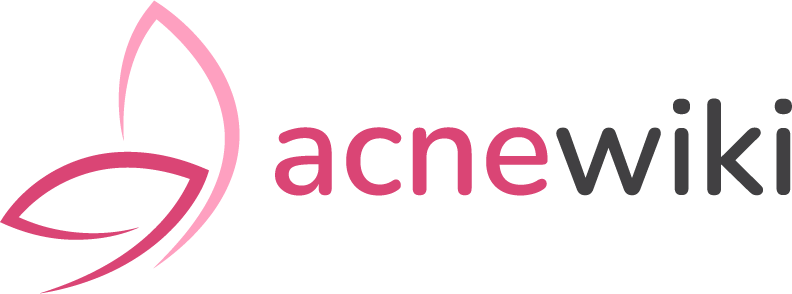Introduction
It has to be admitted that once you are infected by acne breakouts, all you want to happen is to be able to rid yourself of its presence in the quickest way possible and hopefully never to be overshadowed by it again as long as you live. You are not alone so stay tuned so you can get some idea of how acne and acne breakouts can be treated in the most effective way possible.

What is the most effective way of treating acne
Hooray! Treating acne is a cinch
It looks like acne is here to stay among us until such as time as scientist figure out a way to totally eliminate it from our midst.
In the meantime, there are great treatments galore out on the market that are absolutely great for a temporary or total cure for acne and the beauty of it is you can easily access them almost anywhere.
Treatments for mild acne
For this type of acne there’s a variety of steroidal as well as non-steroidal gels and creams available for treatment and rest assured many are quite effective at doing their job.
Over-the-counter medications in the form of soaps, lotions, gels, pads, creams, just to mention some of them are ideal treatments for mild acne and all you have to do is simply spread them on your skin.
If you happen to have sensitive skin, you best bet are the cream and lotion treatments. In case you have oily skin the best option for you are the alcohol based gels that can effectively dry out your oily skin.
The active ingredients they contain
Many of the OTC treatments can contain the following active ingredients:
- Azelaid acid – this active ingredient strengthens your body cells that line the sides of the follicles, it acts to prevent periodic eruptions of sebum, and decreases the growth of bacteria. Cream remedies are also available but most other forms are used for treating a face condition called rosacea.
- Resorcinol – this active ingredient helps to break down and destroy blackheads and whiteheads
- Retin-A – this ingredient actively helps to unblock pores that have been blocked by dead cells sebum and dead bacterial cells through rapid turnover of cells to replace dead skin cells.
- Benzol peroxide – with azelaid acid, this ingredient is also the most versatile. It kills bacteria, accelerates the replacement of dead skin, and slows down the production of sebum oil.
- Sulfur – It has not been possible as yet to explain the role of this ingredient plays in healing acne.
- Salicylic acid – this ingredient actively helps in reducing inflammation and swelling.
Treatment for moderate to severe acne
A dermatologist or skin specialist is the one who is able to treat more severe cases.
It’s usually the case that they may prescribe a treatment consisting of a gel or cream similar to the kind of treatment available to the OTC type of treatment but with a stronger potency.
Or they may decide to prescribe an oral or a topical antibiotic that you simply apply to the skin surface.
Corticosteroid injection treatment
In addition to the treatment of mild acne breakouts there are also treatments for moderate to severe acne which can also occur at times in the form of a cyst.
Sometimes, an acne cyst can become greatly inflamed and it may rupture or become torn tissue that has completely lost its consistency, it collapses and the result is usually serious scarring.
When a rupture occurs, a skin specialist may treat the collapsed and torn tissue with an injection of diluted corticosteroid.
The treatment can help prevent scarring that may follow the rupture and speed up the process of healing and the cyst will break within a few days of the injection treatment.

Oral antibiotics
Another type of remedy for acne is the taking of oral antibiotics which a doctor may prescribe for up to 6 months for patients suffering from moderate to severe acne.
The antibiotic treatment will have the desired effect of lowering the number of P. Acnes living inside the follicles.
The first doses usually have a high potency but will gradually taper off as the acne starts to dissipate clearing the skin surface.
The bacteria P. acnes may become resistant to the potency of the antibiotic and another antibiotic may be needed as replacement.
The acne itself is much more likely to become resistant to topical remedies rather than oral antibiotics.
Antibiotics are also capable of addressing the growth of bacteria and also reduce inflammation that can result from the virulent nature of acne breakouts.
The two most prescribed antibiotic treatments for acne are Erythromycin and tetracycline.
Oral contraceptives
The use of oral contraceptives for controlling the spread of acne in women is also a popular treatment for suppressing their overactive gland in producing sebum oil.
Oral contraceptives are used as long-term acne treatments. However they may not work effectively for women who:
- Suffer from blood clotting problems
- smoke
- have suffered from migraines
- are more than 35 years of age
As a woman, it’s important that you discuss your issues with a gynecologist first before you start taking oral contraceptives.
Topical antimicrobials
The use of topical antimicrobials also aims at reducing the presence of P. acnes in patients who are suffering from moderate to severe acne.
Examples of these treatments include clindamycin and sodium sulfacetamide. Only a dermatologist may prescribe a topical retinoid.
These are derivatives of vitamin A that have the capability of unclogging your pores thereby preventing whiteheads and blackheads from developing.
Some examples of topical retinoids that are prescribed in the U.S. include adapalene, tazarotene, and tretinoin.
Isotretinoin
Isotretinoin is a potent oral retinoid that’s used for treating severe cystic acne as well as severe acne that has not shown any response to other medications and treatments.
Because this medication can potentially result in serious side effects, it’s a strongly controlled medication.
It’s so potent that a patient is obliged to sign a consent form that says the patient is fully aware of the risks involved in taking the medication.
The adverse effects caused by isotretinoin include mood swings, dry skin, abnormalities in fetus if taken during pregnancy, dry lips, and nosebleeds.
It’s a must for patients who take isotretinoin to avoid vitamin A supplements because these can result in toxicity with vitamin A.

Conclusion
It should now be clear that there are a different variety of ways in treating acne and that most, if not all, are quite effective in doing their job. The main reason for this is the fact that all the treatments contain active ingredients that are responsible for attacking the root cause of the specific condition being treated or the bacteria that’s causing harm to your bodily health. We have previously purchased medications from this reliable supplier.










